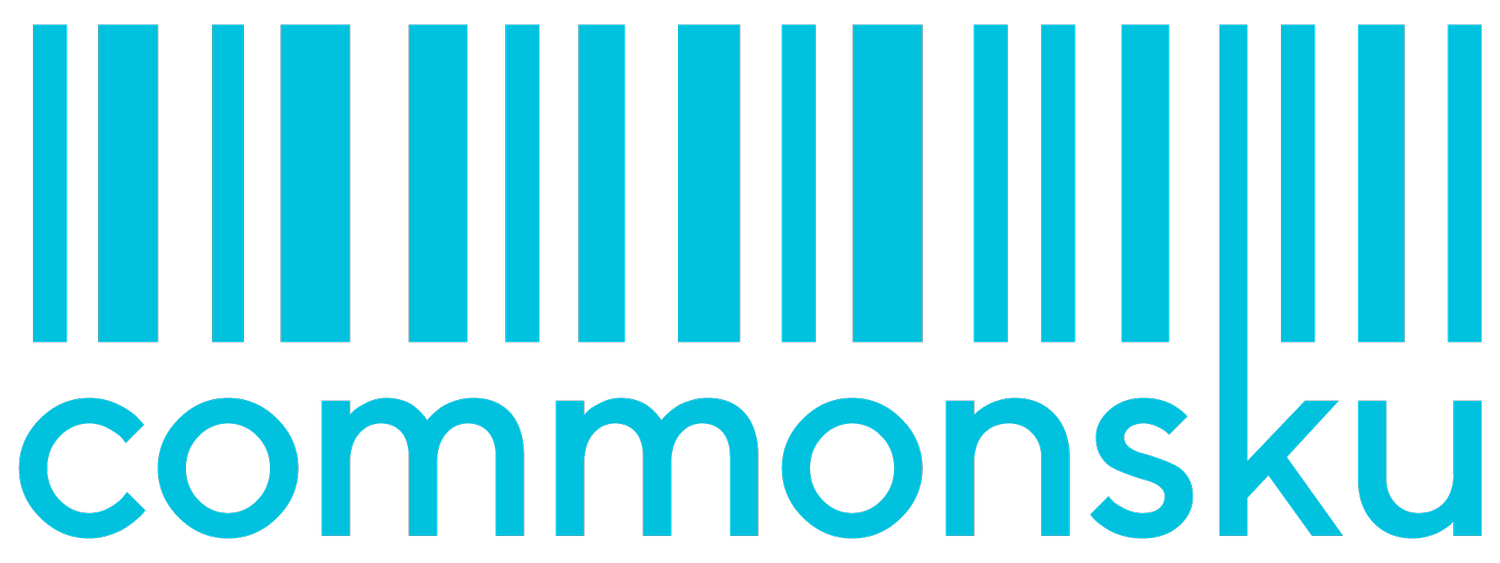The Real Secret to Sudden Success (Habit Series, Tip #6)
On the go? Check out the audio version of this blog post below, or by searching for skucast wherever you listen to your podcasts.
You decide you want to get your sleeping under control.
Or for you, maybe the new habit you want to create is not better sleep, but perhaps it’s diet or exercise. But for our example, let’s stick with sleeping.
You already know that studies reveal how sleeping is a lynchpin habit (it unlocks a host of other good habits). So, you focus. You try multiple lifehacks to create an optimal environment for sleep:
You eat dinner earlier because you heard that it’s not good to go to bed on a full stomach. (No luck).
You go to bed earlier. (Still no luck.)
You try meditation before bed. (Nope.)
Stretches before bed. (Uh-uh.)
Yoga. (Once.)
Camomille tea (Nada.)
You decide to keep your phone downstairs. (Ha.)
You even quit drinking (shock, dismay, but …. zilch.)
You spend several hundred bucks on a sleep-tracking watch to tell you what you already know (that you’re not sleeping well).
In frustration, you are just about to give up when suddenly, one night, it clicks. Everything falls into place. One night of rest turns into two, which turns into a week, which turns into a month.
And just like that: A new habit is born.
What happened?
Evolutionary biologists have a fancy term for it: Evolution by jerks. (I kid-you-not, google it.)
Or you can call it by its cooler name, which sounds like a Ramones spin-off: Punk-Eek.
But its scientific name is “punctuated equilibrium” which means, you experience a season of equilibrium (no change) followed by sudden, radical, rapid change (the punctuation part).
Even Yo-Yo Ma believes this and he’s the greatest cellist in the world.
In his Masterclass (Yo-Yo Ma Teaches Music and Connection), Ma said that “basically we change very slowly, incrementally, but every once and a while, there’s a huge amount of change that happens very quickly.”
In our industry, big wins fall just like punctuated equilibrium. Ma basically described the same process we go through when we’re trying to land new business. We launch multiple campaigns: email, self-promo kits. We connect via social. We research our prospect’s business. Send them notes. Calls. Emails. We try multiple tactics.
I can’t tell you how many frustrated salespeople I’ve sat across from, people who are doing all the right things but are not yet breaking through and are about to give up, when suddenly one final tactic opens the door, gets the prospect’s attention. Often I would hear, “That mailer to the prospect did it, they finally called, I got a project.” It wasn’t the mailer; it was multiple mailers, multiple reach-outs.
Everyone wants to know the fast-fix to growth, the simple step to landing six-figure sales, the easy pill to swallow to ensure success, lose weight, win big.
There is no one secret.
The most impactful change we experience usually occurs suddenly, after a period of (what feels like) gestation or incubation, but that season is never static. It’s full of tiny tasks in the same direction and then suddenly, success is born. It’s true in life, it’s true in business. "Most big transformations come about from the hundreds of tiny … steps we take along the way," writes Lori Gottlieb.
I reached out to a friend to ask how she overcame high blood pressure without meds. As she rattled off a litany of changes she made, I realized it wasn’t one habit alone, it was the accumulation of multiple habits in the same direction: running, eating right, losing weight, meditating.
One of those habits would have worked to lower her blood pressure some, but it was the force of multiple changes in the same direction that allowed her to cure her own disease … and alter the course of her life.
It’s our intensity of tiny tasks in a purposed direction that unleashes “sudden success”. It’s an average, ordinary power we possess, one that becomes a superpower when it’s an infinitesimal accumulation of force.
Yo-Yo Ma estimates that he practices 10,000 hours every five years. He began playing at the age of four, he’s 66 now, that’s 124,000 hours of practice over a lifetime. If anyone knows about the accumulation of force in a single direction, it’s Ma: child prodigy, Presidential Medal of Freedom recipient, 100 albums, 18 Grammy awards. He has played for nine Presidents and he still practices.
“Little changes add up to huge changes,” says Ma, “you are actually in charge.”
“You are the architect of your own life.”
Salespeople: What tiny tasks or small changes do you need to make toward the same direction? Are the right habits creating a force toward the right goals?
Coaches: Have you analyzed your star players’ sales habits? Will the cumulative effect of their daily and weekly practices help them achieve big wins? And are you encouraging growth through failure? In Twyla Tharp’s book The Creative Habit, she tells the story of a math professor at Williams College who bases 10% of his students’ grades on failure. “Mathematics is all about trying out new ideas -now formulas, theorems, approaches- and knowing that the vast majority o them will be dead ends. To encourage his students not to be afraid of testing their quirkiest ideas in public, he rewards rather than punishes them for coming up with the wrong answers.” Help your team risk failure by trying new ideas, and then help them compound their success by codifying it into a regular practice.

